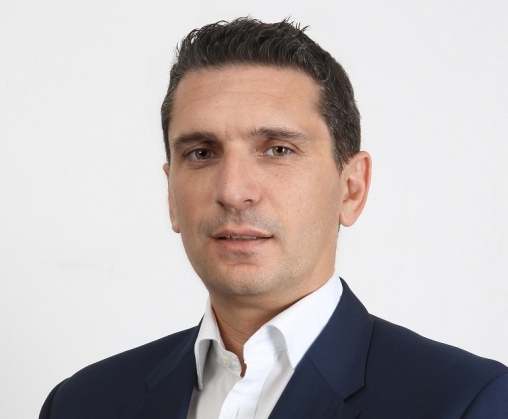
Detailed business planning, market research paramount prior to launch of any new food concept, says Expert
A detailed business plan is absolutely vital to ensure the success of any new prospective business venture, particularly in the launch of new food concepts, as it not only provides the perfect roadmap but also factors all the ensuing opportunities and pre-empts the challenges beforehand, an expert has opined.
Abdul Kader Saadi, Managing Director at Glee Hospitality Solutions – which has carved a niche by creating, developing and operating successful restaurant concepts in the Middle East, says the need of the hour is to come up with growth-oriented business models and unique food concepts which stand out in the crowd.
The success of any business relies on sound management and proper planning, Saadi says, adding that experience, skill, education and/or discipline to make the business work will go a long way in defining the success of any concept or idea.
“Like any business, the restaurant sector is no exception. It is all about managing the expectations – by trying to understand the customers well – be it the objectives, the vision, the mission and the needs of the client or the investor. It is important to know what kind of concept the market is seeking, whether the client aims to have one outlet or multiple outlets within the time frame. Also, it is very vital to understand what kind of outlet the client prefers – whether a quick selling restaurant, a casual dining or fine dining concept?” says Saadi.
Once a complete understanding of the client is analysed, the next steps take precedence. “After getting a thorough understanding of the client’s requirements, we look for a gap in the market, and start our in-depth research about the concept, cuisine, location, target market and a competitive analysis. A proper financial feasibility plan is developed at this stage to finalize the complete roadmap,” he says.
After a proper research and analysis, nearly four or five strategic locations are identified and a site specific feasibility study is developed based on which the location is finalized. The next step is to adapt an interior design plan for the outlet keeping various end-factors in mind.
“Designing a space for the customer and consultant along with our designer is an extremely personal and exhilarating part. Designs create the ambience that customers at times come to experience along with food. Therefore, it is imperative to have interiors as captivating as the palate,” feels Saadi. It is always important to design and create a restaurant that not only looks high-quality but also does not hinder the service aspects. After this, the fit-out work starts which requires a lot of coordination and supervision.
When the fit out work hits the location, the recruitment process gets under way, he said, adding that the Gulf is an evolving market and to get the right kind of candidates is a challenge. “It needs a very critical screening of the potential candidates and 2-3 levels of interviews to select a right candidate as per the requirements.”
Once all those boxes are ticked, it is time to settle down with the Head Chef to finalize the menu as also the price list. The vital part is to innovate and experiment on the menu to offer that uniqueness to the food concept, further accentuated later by a series of food tasting exercises.
“Following this, a detailed marketing strategy for the concept should be designed keeping in mind the various channels. Each concept is different – therefore a detailed Strengths, Weaknesses, Opportunities and Threats analysis is required to understand all the internal and external factors. Before designing any Marketing Strategy, it is important to understand the target audience, their buying behavior based on which different marketing channels are selected,” says Saadi.
He sums up: “Owners, investors and bankers want to know you have a proactive plan to grow your business. You can't rely on instant popularity and simple word-of-mouth marketing. While passionate belief in the concept is the driving force that can turn a dream into reality, this passion must be balanced with reality when it comes to creating a sound business plan. In-depth market research is needed to substantiate that conceptual assumptions are in line with market needs. Consumers do not buy what you sell. They buy what has value to them.”



























